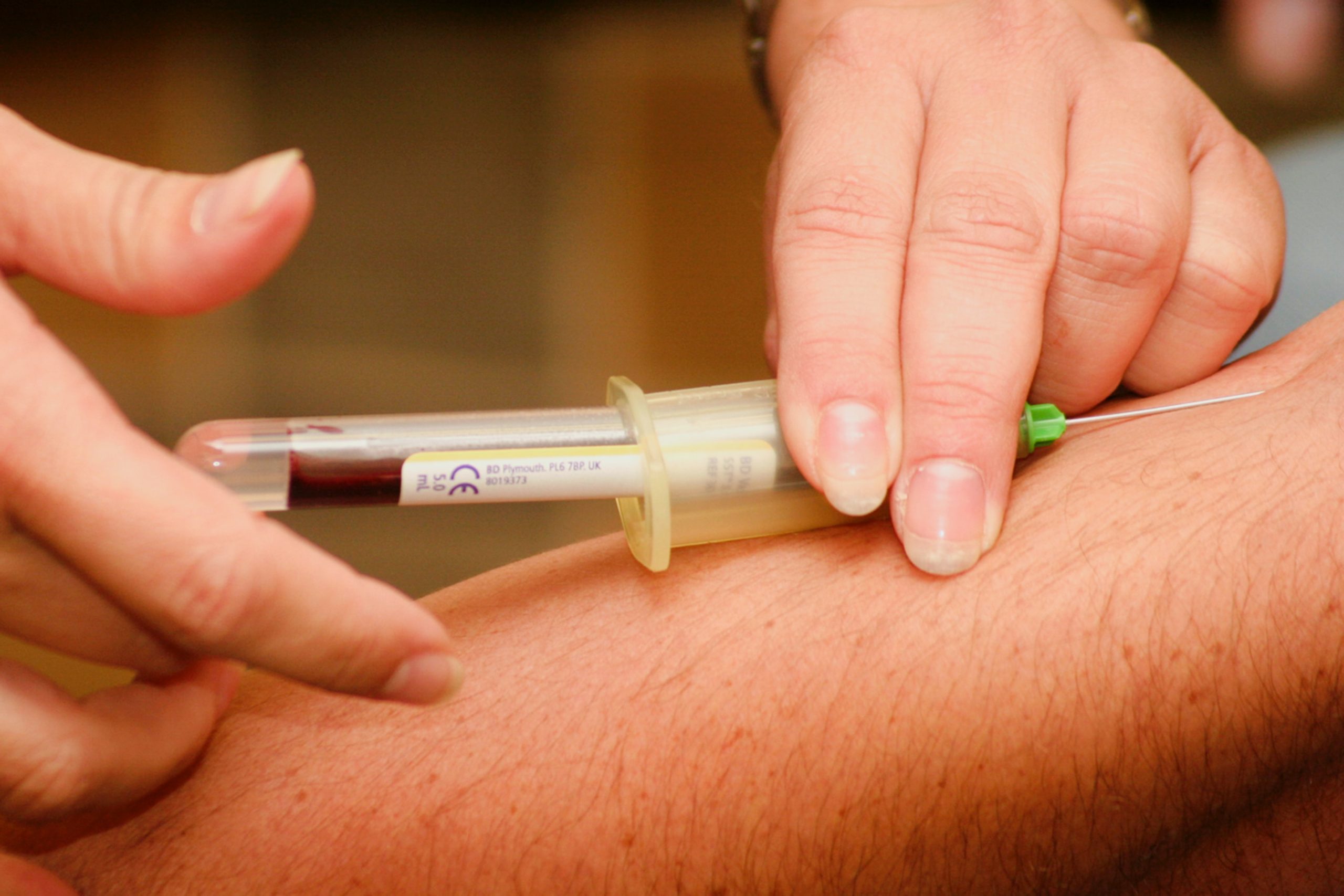In a historic move, the Food and Drug Administration (FDA) announced on Monday, May 9th, 2023, that it would ease restrictions on blood donations from gay and bisexual men. This decision marks a significant milestone in the fight for equality and has been a long-awaited victory for the LGBTQ+ community.
The FDA’s new guidelines will allow gay and bisexual men to donate blood if they have been celibate for only three months, rather than the previous 12-month deferral period. This change brings the policy in line with those for other groups considered to be at risk for transmitting blood-borne diseases, such as people who have recently received tattoos or traveled to certain parts of the world.
For years, the LGBTQ+ community has been advocating for a change to the FDA’s policy, which has been widely criticized as discriminatory and outdated. The previous 12-month deferral period was implemented during the HIV/AIDS crisis in the 1980s and was intended to prevent the spread of the disease through blood transfusions. However, advances in testing and treatment for HIV/AIDS have made the policy increasingly unnecessary and stigmatizing.
The new policy is expected to significantly increase the number of blood donations from gay and bisexual men, who have historically been unable to donate due to the restrictive policy. According to a study by the Williams Institute at UCLA, if the deferral period were reduced to three months, an estimated 360,600 additional men would be eligible to donate blood each year, potentially increasing the nation’s blood supply by over 615,000 pints.
The FDA’s decision was met with widespread praise from LGBTQ+ advocacy groups, medical professionals, and politicians alike. LGBTQ+ rights organization GLAAD released a statement calling the change “a significant step forward for all blood donors, regardless of their sexual orientation or gender identity.” Dr. Anthony Fauci, the director of the National Institute of Allergy and Infectious Diseases, called the decision “long overdue” and praised the FDA for “making a science-based decision.”
However, some advocates argue that the new policy does not go far enough and that the three-month deferral period is still discriminatory and based on outdated stereotypes. They argue that the policy should be based on individual risk factors rather than broad categories of people. Others have called for a complete elimination of the deferral period, pointing out that there are still many groups at high risk for HIV/AIDS who are not subject to any deferral period at all.
Despite these criticisms, the FDA’s decision is a significant step forward for the LGBTQ+ community and marks a long-overdue recognition of the importance of science-based policies that prioritize safety and inclusivity. As we continue to fight for equality and justice for all, it is important to celebrate victories like this and to continue pushing for progress in all areas of society.




